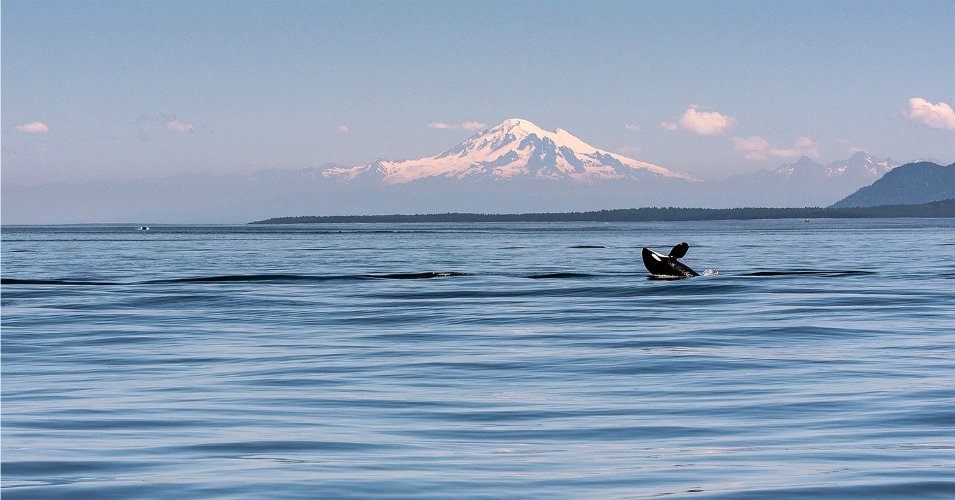This article by Dana Drugmand was published in YES! magazine on August 31, 2016.
In the face of the climate crisis imperiling endangered species, some activists and governments are turning to a radical, rights-based approach to protect nature.
The Pacific Northwest’s most iconic species—the orcas that live in the Salish Sea year-round—are on the brink of extinction with just 73 whales remaining as of July 1. The Southern Resident orcas have made headlines repeatedly over the past year, including the recent loss of three adult whales and last summer’s widely reported story of a female who carried her dead calf for more than two weeks and over 1,000 miles.
And orcas aren’t the only species under threat. A United Nations report released in May found that human activities have placed 1 million species in danger of extinction, many within decades.
As the Southern Resident orcas and other species struggle to survive in a rapidly warming, industrialized world, some activists and governments are turning to a radical, rights-based approach to protecting nature. Over the past decade, initiatives worldwide have begun to transform Western law to respect the inherent rights of the natural world to exist and flourish.
(To read the rest of this article at its original source please click HERE.)

